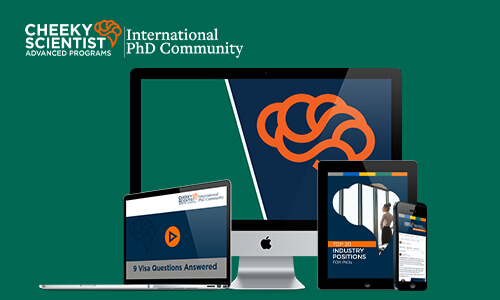
Don’t Let Your Immigration Status Stop You From Getting Hired In The U.S.
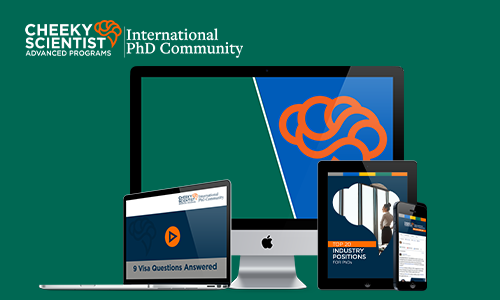
Introducing The International PhD Community
Replace Uncertainty and Confusion with Confidence and Clarity, and Successfully Navigate Your Visa Options!
Understanding The U.S. Immigration Process Can Mean The Difference Between Getting Hired In Industry Or Not Being Able To Get Hired
Did You Know That…
Not every H-1B is equal.
Your friend quickly received an H-1B and is now working for the FDA. The H-1B visa application process must be easy, right?
Wrong.
The USCIS draws a distinction between industry H-1Bs and H-1Bs for non-profits, government research organizations, and other similar entities.
Getting an H-1B for this type of work bars you from accepting a job offer at a for-profit firm.
In a single year, only 7% of EB visas can go toward any one nation.
Even if you’re exceptionally qualified, immigrating from a native country with a high population—and numerous visa applications—can make it difficult to secure a Green Card.
After receiving your OPT, you do NOT have 12 months to get a job.
It’s true that your OPT will allow you to work in the US for a year.
However, the US government expects you to start your new job 90 days after receiving your OPT.
If you fail to land a job by that time, you may not be able to work in the U.S. temporarily.
That’s right – your only options will be to leave the country, or work for free.
If you fail to land a job by that time, you may not be able to work in the U.S. temporarily.
That’s right – your only options will be to leave the country, or work for free.
Here's A Sneak Peak At What You Will Have Access To As An IPC Member...
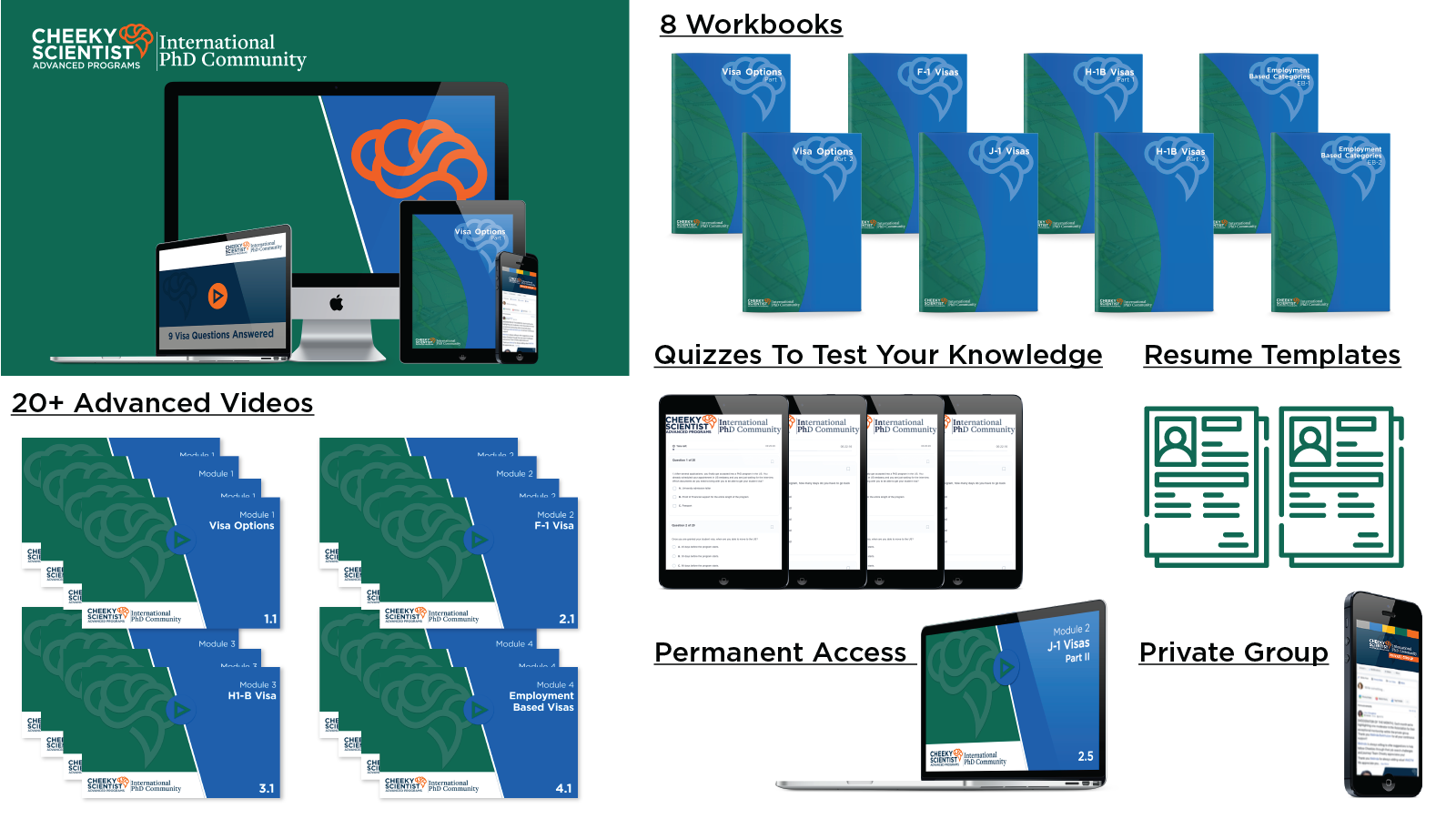
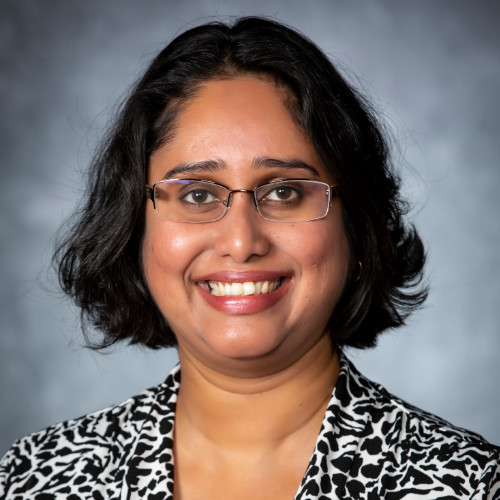
“The International PhD Community is a much-needed mentoring program for anyone who needs a visa to work in the U.S. The program's material is extremely relevant, well summarized, and targeted for PhDs looking for visa options in the U.S. Being actively engaged in the private group, I can see how important the International PhD Community program is and I am excited to help more international PhDs get hired into top industry jobs in the U.S. I wish I had joined the International PhD Community sooner!”

“The International PhD Community is a very valuable asset for international PhDs like me. There is a lot of misinformation on the internet that keeps PhDs from getting sponsored by U.S. companies. One of the things that the International PhD Community provides is carefully curated content that has been reviewed by immigration lawyers and it put together in a way that is easy to understand for PhDs who want to work in the U.S.”
The Rules For International PhDs Are Complicated And Uncertain.
As A Result, The Odds Of Getting Hired In The U.S. Are Bad
You Can Overcome The Odds And Get Hired… Just Like Arunodoy Sur, PhD
Arunodoy Sur was qualified for a high-paying industry position…
He had a PhD.
He had biochemistry AND biotechnology expertise.
He had pharmaceutical project management experience.
He even had two patents.
…and his novel anti-cancer therapy research brought in over $150k in grant funding.
But this wasn’t enough to get him Arunodoy in the U.S.
Why?
Because Arunodoy was an international PhD.
As Arunodoy prepared for the transition to an industry job, he encountered a big barrier.
The barrier wasn’t his credentials. It wasn’t his education level. It wasn’t his field of study.
It was his immigration status.
As Arunodoy completed online applications, he heard the same thing over and over again…
Sorry, you need a visa.
Sorry, you need a green card.
When Arunodoy filled out online forms, a drop-down box would appear, asking him to state whether he was a US citizen, a permanent resident, or non-resident.
These forms placed Arunodoy at an immediate disadvantage.
When Arunodoy finally got a phone call with a recruiter, the recruiter would quickly ask, “What is your immigration status?”, and when Arunodoy answered, the conversation was over.
It gets worse…
When Arunodoy received verbal job offers, the job offers were canceled when the companies found out that Arunodoy was an international PhD who needed a visa to work in the U.S.
Does this sound familiar to you?
If so, you’re not alone. In the US, there are numerous highly qualified PhDs who struggle to transition into industry because of immigration-related challenges.
However, many international PhDs still get hired.
How do they do it?
How did Arunodoy do it?
Only a short time after receiving his PhD, Arunodoy was working as a Business Analyst.
While other international PhDs had settled for low-paying postdocs, Aurondoy was enjoying the advantages of a non-academic H-1B and the freedom to transition to other industry positions in the US.
What was the difference? …
Arunodoy Possessed The Knowledge He Needed To Get Employers To Say “YES”.
Arunodoy learned everything there was to know about the immigration process for PhDs.
He networked extensively with other international PhDs working in the U.S. and with immigration lawyers …WITHOUT paying them.
He knew exactly what the United States Center for Immigration Services (USCIS) required to secure every type of working visa for PhDs.
He knew the timelines.
He knew the pitfalls.
He knew exactly what to say to hiring managers and recruiters when they asked “Are you on a work visa?”
Even though his future employer had never hired an international PhD, Arunodoy was able to educate the organization on the H-1B visa application process and, as a result, get hired.
He convinced the employer to say “YES”.
You can do the same.
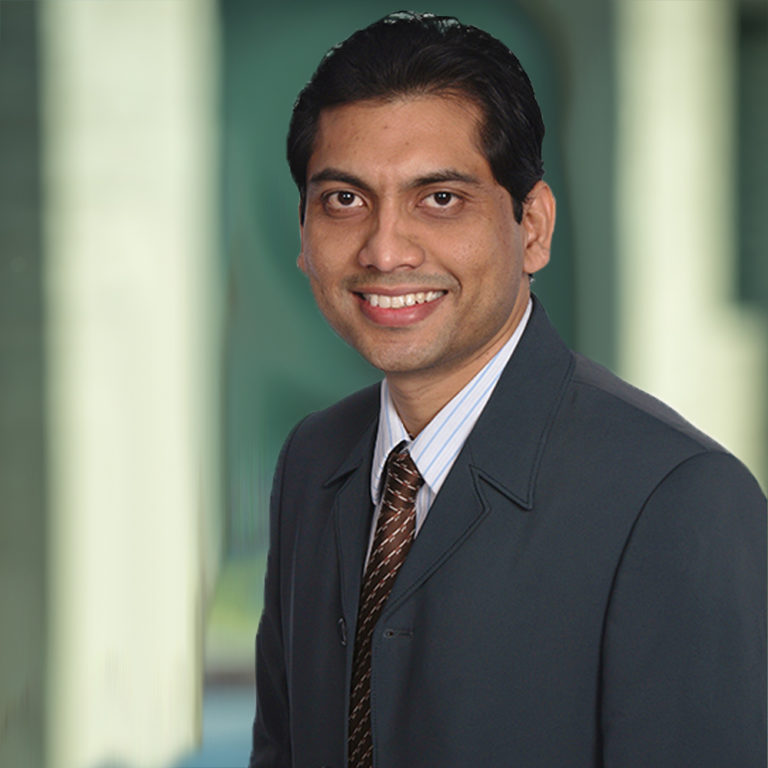
“I know first-hand the struggle that International PhDs face. I was receiving multiple job offers only to have them retracted when they found out I was an international PhD who needed a visa to work in the US. It wasn't until I learned everything there was to know about the immigration process that I was able to get hired. I had to learn all of the important immigration timelines, which pitfalls to avoid, and how to handle visa-related questions during interviews. I networked with other international PhDs and immigration lawyers (without paying them) and was soon hired by an employer who had never hired an international PhD before. If I was able to do it, you can too with the help of the International PhD Community program. ”
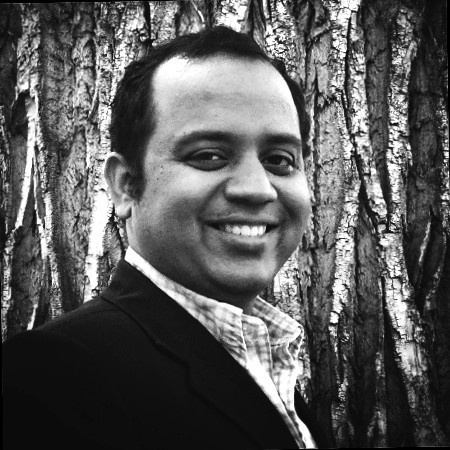
“I loved the International PhD Community program details of the different work status options in U.S. - it was very detailed. The program frequently condenses very complex information into easy to follow tables and flowcharts that are perfect for any PhD trying to navigate the U.S. immigration process. In my opinion, international PhD students and postdocs must be educated early on that they need to start thinking about their status and how they want to move forward with it early on in their program. If you’re a postdoc, you have to start as early as your first year. The biggest problem is that international PhDs don't act because they don't have clarity on how to move through these complicated immigration matters. The International PhD Community program provides information on the different options to stay in the US, as well as a detailed timeline and concrete next steps to take action. Imagine if there was a protocol for U.S. immigration issues and how to handle them. Voilá - there is and it’s called the International PhD Community.”
The International PhD Community Is For PhDs Who Are Ready To…
- Overcome the confusion on transitioning to an industry position without the right visa and without a green card.
- Get professional help on how to secure a visa and get sponsored by a U.S. company (without hiring a lawyer and without paying thousands of dollars).
- Stop feeling like a victim when it comes to the immigration process and getting hired.
- Stop hearing “no” over and over again from employers as soon as they find out that you need a visa or green card.
- Get the targeted support you didn’t receive from your school’s International Center for Students and Scholars (ICSS).
- Reduce the stress of trying to determine what is true and what is false, and to stop relying on free internet advice that is often wrong.
- Stop taking bad advice from friends and instead get qualified expertise on the rules and regulations of the immigration.
- Get their timing right when it comes to meeting critical deadlines (one of the biggest reasons PhDs don’t get hired and even have to leave the country is because they don’t completely understand the critical immigration timelines).


Are You An International PhD Actively Pursuing An Industry Position In The U.S.?
If So, See If You Answer YES To These Questions…
Are you ready for employers to finally start respecting you?
Are you ready to stop being ignored just because of your immigration status?
Are you ready to become knowledgeable and confident in the immigration process for PhDs (so you can explain the process to employers and get hired)?
Are you ready to get access to advice from top immigration lawyers and other international PhDs currently working in industry in the U.S.?
Are you ready to secure your immigration status so you can work in the U.S. for as long as you want?
If you answered yes, here’s what you need to know…
You Don’t Have To Endure The Uncertainty Of Your Temporary F-1 Or Cut Short Your Long-Term Opportunities With A J-1 Visa.
There Are Better Options For You.
Like many international PhDs, you probably came to the U.S. as a graduate student.
You knew that—sooner or later—your F-1 visa alone would not allow you to keep working in the U.S.
Now—years later—you’re nearing the end of your time in academia and you’re ready to transition into industry.
Did you know that there are multiple visa options that will allow you to transition directly from graduate school into a full-time industry job?
Did you know that you don’t have to settle for a postdoc and the false security of a J-1 visa that requires you to return home and cuts your career opportunities short?
There Are 3 Reasons Why Employers Don’t Want To Hire International PhDs
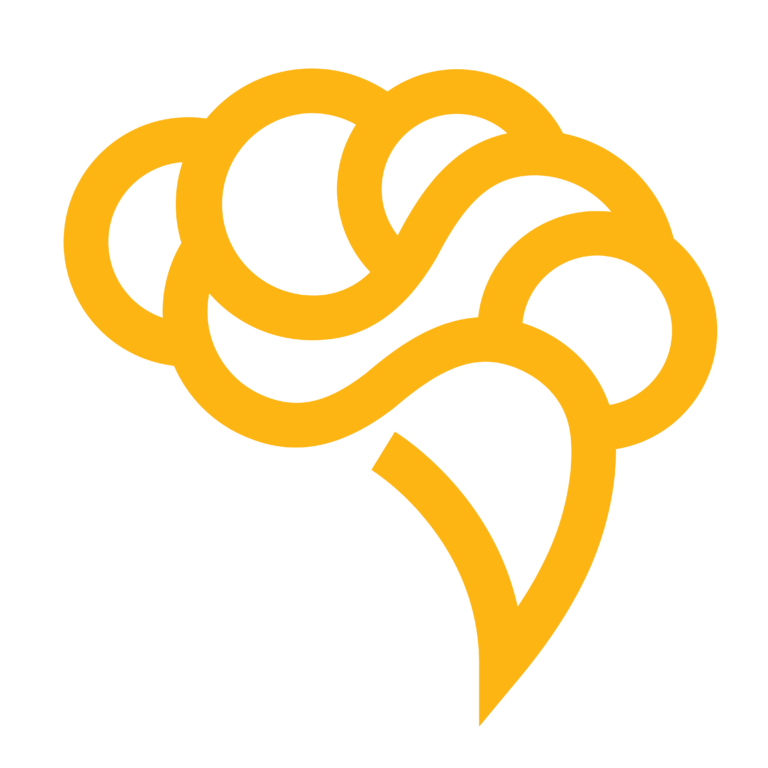
1. International PhDs Are More Expensive To Hire
Employing an international PhD under an H-1B means an employer has to hire an immigration attorney and file with the US Department of Labor …and neither of these are free.
While the USCIS will return the filing fees for a rejected application, your employer’s upfront cost can total several thousand dollars.
It’s typically not allowed for your future organization to ask you to pay these fees, which is good and bad.
It’s good because it means that you don’t have to pay the fees.
It’s bad because it means that you can’t pay these fees for your employer.
In summary, your potential company has to pay out-of-pocket costs and shoulder the financial burden.

2. International PhDs Require A LOT Of Legal Paperwork
Asking an organization to sponsor your visa is asking them to climb up a mountain of paperwork.
In addition to submitting a Labor Condition Application with the Department of Labor, your future employer will need to send over Form I-129 and other documents to the USCIS. Even if the USCIS agrees to consider your employer’s petition, the USCIS may still require a Request For Evidence (RFE)…which likely means even more paperwork.
In summary, companies have to invest significant extra time and money in the form of personnel hours just to hire you.

3. International PhDs Create A Lot Of Uncertainty
Your future employer has to pay extra legal fees and fill out extra paperwork just to hire you. …and they have to do it without any guarantee they’ll receive permission to hire you.
As a result, it’s no surprise that companies will not want to take the risk of hiring international PhDs. They are too afraid of doing a lot of work and paying a lot of money for nothing.
To make matters worse, most companies do NOT understand USCIS regulations.
In summary, when an employer doesn’t know what process to follow or what steps to take, the risk may appear to outweigh the reward.
This Is Why We Created The International PhD Community, Or IPC.
When you join the IPC program, you are taught everything you need to know about the immigration process for PhDs.
When you join, you get access to our database of immigration lawyers (many of whom helped build the program), and you get access to a private group of other international PhDs currently working in industry.
Most importantly, by completing the program, you become board validated in the PhD immigration process, which helps demonstrate to employers that you are trustworthy.
The Only Thing That’s Standing Between You and A Successful Industry Career Is Your Immigration Status
According to the Ewing Marion Kauffman Foundation, by 2020, “international students will comprise half of U.S. science, technology, engineering, and mathematics (STEM) PhD graduates.”
But as of now, the USCIS only awards 85,000 H-1B work visas, which includes a number of other professional occupations in the mix.
Despite this low number of visas, in April 2017, the USCIS reported that it received 199,000 petitions.
The Competition For An Employer-Sponsored Visa Is Very High
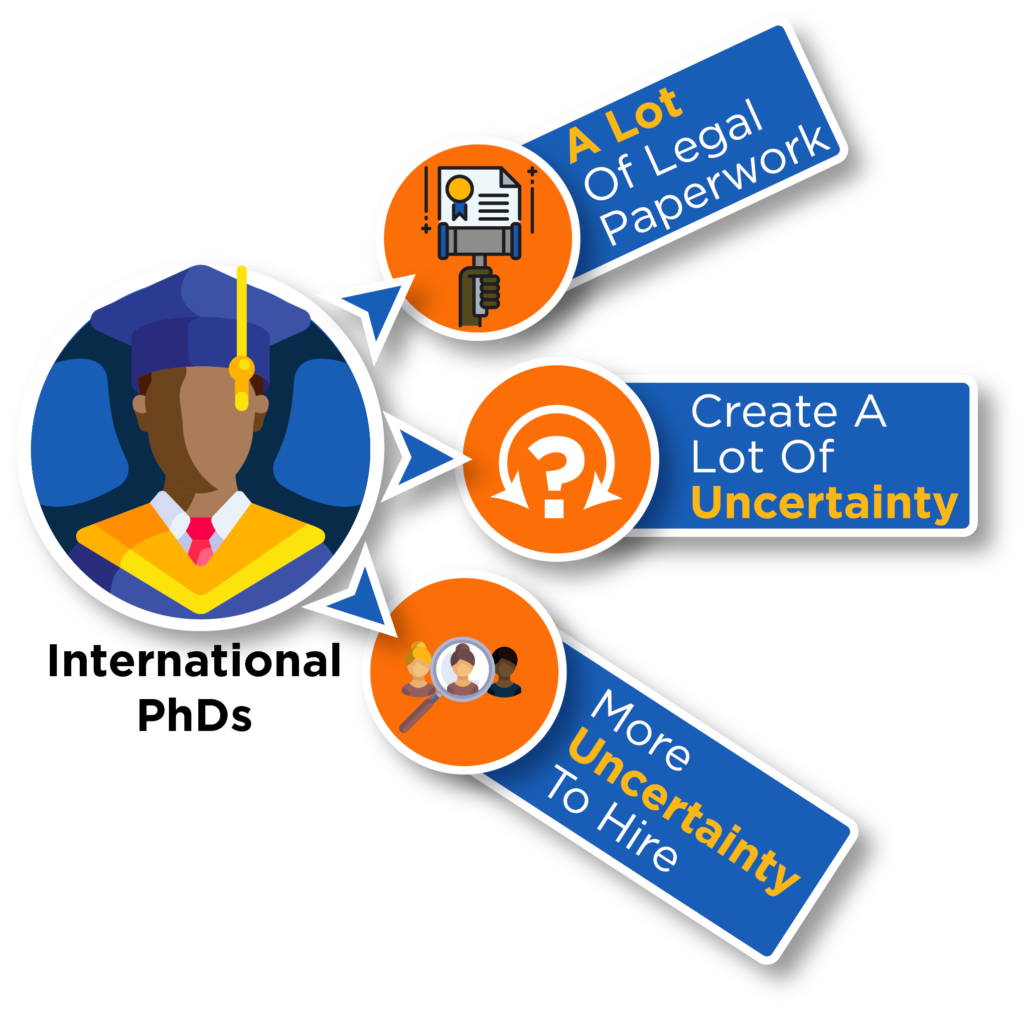
However, As A PhD, You Might Have An Advantage…
If you have your master’s degree from a U.S. university, you have two chances to be selected for a H-1B visa.
Did you know this?
If you didn’t know this, you need to get fully educated on the immigration process as soon as possible.
Each year, the United States Center for Immigration Services holds a randomized lottery to give out H-1B (employer-sponsored) visas.
However, did you know that any international student who gets OPT-STEM extension will get at least 2 chances of applying for the H-1B as they can apply once every calendar year?
In addition, because you have a PhD, you have an added statistical advantage.
Not only do you get a chance to receive one of the “regular” 65,000 H-1B visas available, you also get a chance to receive one of the additional 20,000 H-1B visas specifically available for PhDs from US universities.
This is just one example where having the right knowledge and understanding the right timelines will reduce your stress and increase your odds of getting hired.
The reality is that most international PhDs do NOT have the knowledge they need or the network and support they need to get hired in the U.S.
There Is More Competition For Visas Than Ever Before.
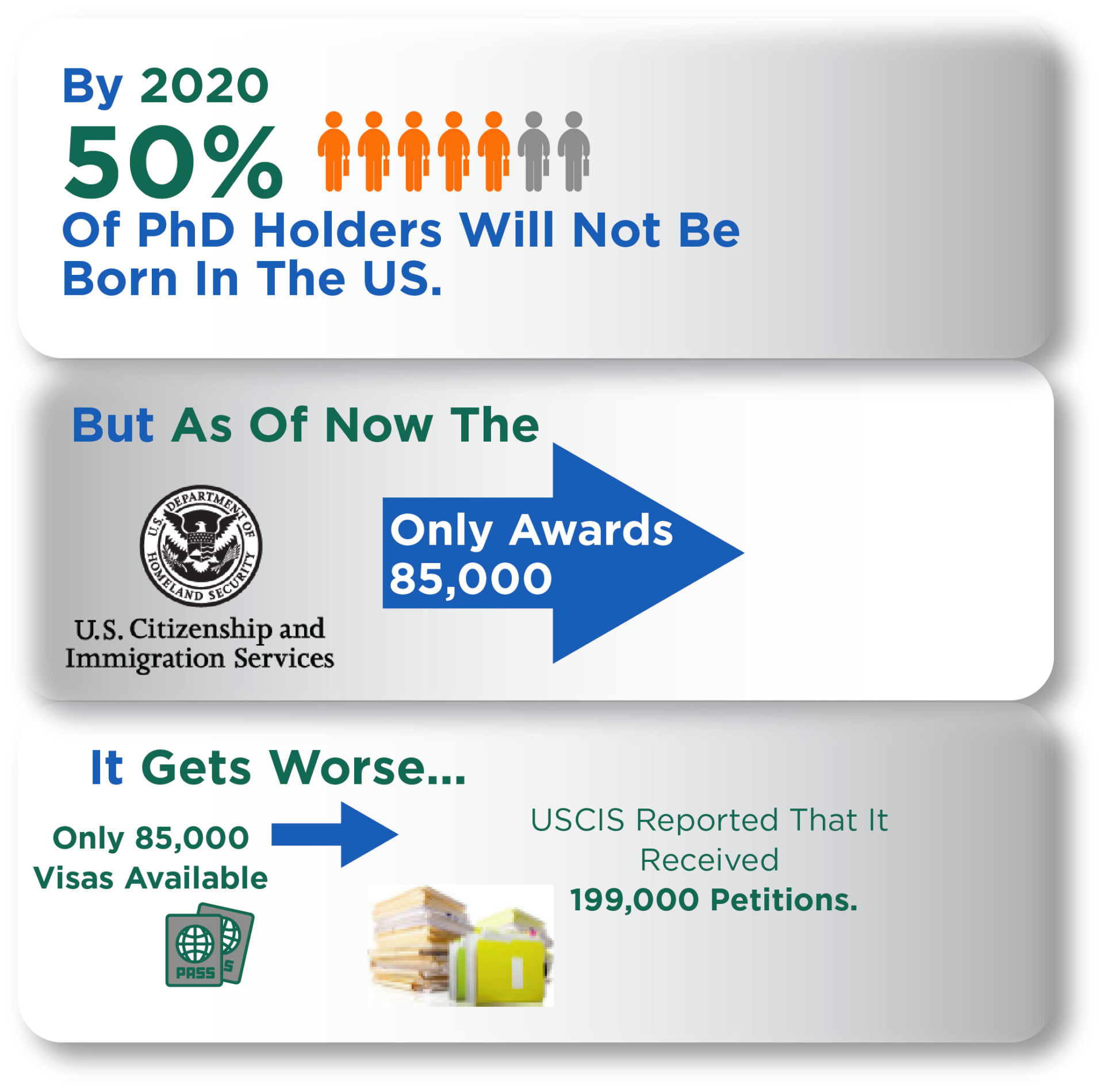
- According to the Ewing Marion Kauffman Foundation, by 2020, “international students will comprise half of U.S. science, technology, engineering, and mathematics (STEM) PhD graduates.”
- But as of now, the USCIS only awards 85,000 H-1B work visas, which includes a number of other professional occupations in the mix.
- Despite this low number of visas, in April 2017, the USCIS reported that it received 199,000 petitions.
Join The International PhD Community, And Get The Knowledge You Need.
You Don’t Have To Work For Free While Less-Qualified PhDs Get Hired Into High-Paying Industry Jobs.
The International PhD Community Program Will Help You Get Hired No Matter What Your PhD Background Is.
- Aerospace engineering
- Agriculture
- Analytical chemistry
- Analytical chemistry
- Bacteriology
- Biochemistry
- Biology
- Biomechanical engineering
- Biomedical engineering
- Biophysics
- Botany
- Cell biology
- Chemistry
- Classical genetics
- Cognitive Neuroscience
- Ecology
- Endocrinology
- Engineering
- Entomology
- Genetics
- Immunology
- Inorganic chemistry
- Invertebrate zoology
- Marine Biology
- Mechanical engineering
- Medicine
- Microbiology
- Molecular biology
- Molecular genetics
- Neurobiology
- Organic chemistry
- Pathology
- Pharmacology
- Physical chemistry
- Physics
- Physiology
- Psychology
- Sociobiology
- Sociology
- Toxicology
- Virology
- Zoology
No matter what your PhD background is in, you’ll have to face the reality that your F-1 and J-1 visa can’t support your long-term career goals.
You don’t have to be at the mercy of complex regulations.
The International PhD Community empowers you to take charge of your residency status and address important decisions in a way that stacks the odds in your favor.
When it comes to landing a long-term industry job, you can take two paths.
You can overcome regulatory barriers and land industry positions by following best practices.
Or you can ignore the complexities, rely on advice from friends, and hope you’ll secure the visa you need.
With the International PhD Community, you’ll follow the path that other international academics have taken to beat the odds to get hired and enjoy long-term security.
Below, we’re sharing some footage of what other international PhDs have to say about the mentoring you’ll receive in the International PhD Community program…
Now that these PhDs are in the industry—and have successfully transitioned from their F-1 visas—they have a unique perspective on the importance of being prepared, learning the USCIS regulations, understanding key deadlines, and communicating with your employer.
You can and should learn from the experiences of the International PhD Community mentors so you don’t have to do this alone.
The International PhD Community’s Mission
The International PhD Community is designed to address the unique challenges of international PhD candidates, PhDs completing their postdoctoral work…or PhDs who find themselves unemployed.
Here’s the hard truth…
Your F-1 or J-1 visa won’t last forever.
As an international PhD, you don’t readily have $5,000 or more for an immigration attorney.
You don’t have 14 hours each week to pour over USCIS regulations, application documents, and the multitude of variables that affect your decision.
You can’t afford to make a mistake that will impact your career for years.
At the International PhD Community, our objectives are simple…
To reduce confusion and provide actionable information that is specific for YOUR unique situation.
To support you so you can be 100% confident and secure in your job search.
To get you hired in the U.S.
The International PhD Community program will take you step-by-step through your visa options, including up-to-date information and visa changes and critical timelines.
You will receive highly specific information that is specific for international PhDs and your unique challenges.
The International PhD Community Program Was Created By Top Immigration Attorneys & Successful International PhDs Working In The U.S.
Your targeted mentoring program doesn’t simply have the support of top immigration attorneys.
The program is also supported by international PhDs currently working in industry.
These international PhDs are on the International PhD Community Board.
They know from experience what it’s like to successfully navigate complicated regulations, and now he’s sharing his experience, expertise, and insights with you.
In each module will explain the immigration process, so you can completely understand it.
You’ll appreciate how the IPC is designed to provide personalized guidance and swift feedback. Whether you’re learning about the H-1B lottery, OPT timelines, or how to secure a National Interest Waiver (NIW), the International PhD Board members will help you understand which avenues to pursue for your career.
On Your Next Interview, Don’t Let Your Immigration Status Stop The Conversation.
3 Reasons You Can’t Wait To Join The International PhD Community Program
- Your F-1 or J-1 visa status is ending. You can only be a full-time student—and thus qualify for a standard F-1 visa—for so long. Even a J-1 postdoc visa will eventually become worthless. Whether you like it or not, you’ll eventually need to seek another visa…especially if you plan to transition into industry.
- Competition for the visa you need is increasing. The Ewing Marion Kauffman Foundation reports that the “proportion of international PhD-level students on temporary visas to study STEM subjects in the United States has doubled over the past thirty years.” If you’re a PhD in the Life Sciences, you don’t want to wait to secure your visa…and risk even fiercer competition.
- The longer you wait, the more you limit your opportunities. There may be situations where pursuing a J-1 visa or a non-capped H-1B is your best bet. But you need to consider how your decisions today impact your future tomorrow. If you’re determined to enjoy a lucrative industry position, choosing the safest route simply isn’t an option.
Here's What You Get Immediate Access To When You Become An IPC Member

A comprehensive overview of your options for securing a visa that allows you to transition to the industry and in the career of your choice. From OPT STEM Extensions to EB-1A visas, we’ll cover what you need to know to stay in the US.
- Discover which visas are best for your current situation. The International PhD Community understands that every person and situation is different, which is why the program doesn’t focus on a single type of visa, such as an H-1B. Instead, we help you find the right option that is specifically suited for your current situation and for your future career goals.
- Know what to expect given your current situation. Navigating USCIS requirements and other regulations can be tricky. The International PhD Community helps you avoid situations like discovering you’ve sent an application too late…or that your future employer hasn’t followed the approved process for sponsoring your visa.
- Get clear on the timelines you need to meet. When it comes to securing a visa for your long-term goals, executing the right strategies—with the right timing—is critical. The International PhD Community mentoring will break down important deadlines so you don’t miss key opportunities.
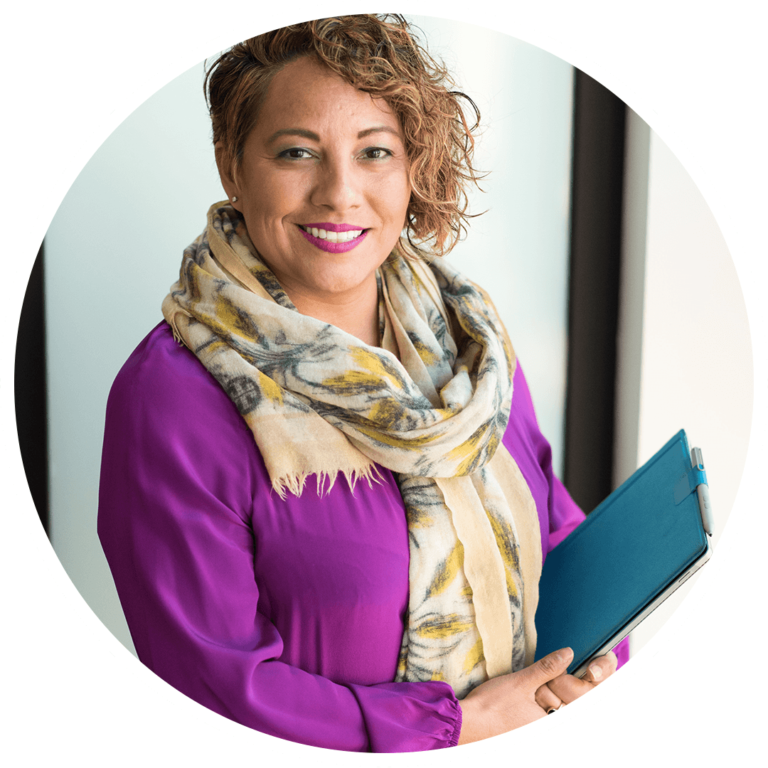
Targeted mentoring from an international PhD who has faced the uncertainties you’re encountering…and came out on top. Your International PhD Community course material was created by qualified international PhDs currently working in industry, in collaboration with top U.S. immigration lawyers. In each module, Arunodoy will bring his insights in visa consulting to the table.
- Get expert insights on how to achieve long-term stability and career progression in the industry thanks to detailed workbooks written by international PhDs and immigration lawyers. The mentoring material is detailed, yet easy to comprehend (you don’t have to be a lawyer to understand the material).
- Watch detailed discussions on every aspect of the U.S. visa application process. In our video series, you’ll get to hear Arunodoy share, firsthand, how to make your transition to the industry a smoother one, whether that’s applying for your H-1B or your OPT.
- Connect with other international PhDs who are on the other side of the industry transition. In addition to Arunodoy, you’ll have the chance to get guidance from other international PhDs who can steer you in the right direction as you complete your visa application process.

Critical information that can make—or break—your chances of securing an employer-sponsored visa. The reality is, getting your visa isn’t a one-man job. It’s a collaborative effort that involves your potential employer, so it’s important to know how to educate your organization to get the support you need. That’s where the International PhD Community comes in.
- Grasp the essentials of the H-1B process so you know what’s expected from you…and what’s expected from your employer. Thanks to your mentoring modules, you’ll discover what it takes to secure an H-1B as well as an OPT STEM, helping you to educate your employer, alleviate concerns, and empower them to take action on your behalf.
- Understand how to collaborate with your future employer or other individuals to secure a visa. Your program will explain when you need support from others to achieve your desired outcome.
- Know how to simplify the process of employing an international PhD for your future employer. Like we said, hiring a PhD who doesn’t have a Green Card is difficult for organizations. The International PhD Community comprehensively addresses your range of visa options so you can understand typical processes, prepare key documents, and become a source of guidance for your organization.
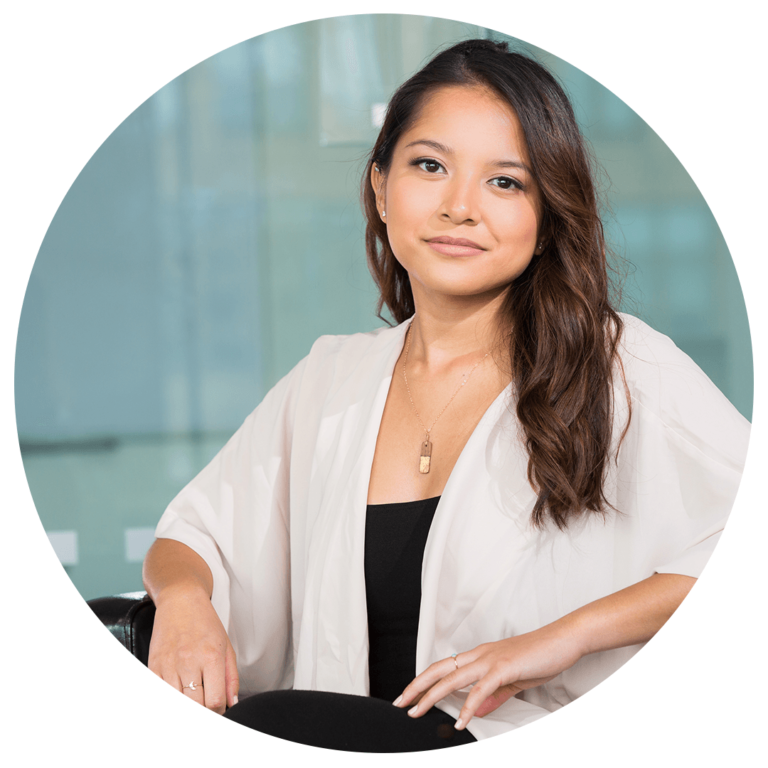
Gain easy-to-access course materials, as well as proven international PhD resume templates that you can reference on-demand. With the International PhD Community, you can learn at your own pace….when, where, and how it suits you best. Discover how your mentoring program encompasses a variety of learning formats.
- Read workbooks that systematically present information on different types of visas, demystifying an often confusing process. Each module contains two workbooks for your benefit. Go through the workbooks slowly, carefully absorbing all the information, and consult their material again when questions arise.
- Watch videos with Dr. Arunodoy Sur and Dr. Isaiah Hankel. Together, this dynamic team will uncomplicate the complex topic of securing your visa, offering important advice. For all videos, closed captioning is provided as well as video transcripts.
- Quickly locate your program’s resources in your International PhD Community’s online dashboard. Here, you’ll find everything from your library videos to your final exam.

Cement your newfound knowledge in a variety of ways. The International PhD Community isn’t about learning information that you’ll soon forget. Your course includes several ways to process and retain the information we present.
- Listen to the audio version of your videos on-demand. Whether you want extra support for understanding the types of visas or you want to better understand your EB-1 options, you’ll be able to take your International PhD Community course on the road, to the gym, or around the house.
- Take a quiz at the end of each workbook. Our short quizzes help you quickly gauge how well you’re understanding the material…so you identify areas you need to study more. You’ll also have more extensive exams following each module to cement your expertise and provide you with acknowledgment of course completion….and pinpoint gaps in your knowledge.
- Enjoy a free season pass to a webinar series, presented by experts, on relevant topics such as “How To Discuss Visa Options With Your Employer” and “The Latest Visa Updates You Need To Know”.

Lifetime membership to your International PhD Community mentoring and private online group. The reality is, even when you’ve successfully received your OPT or your H-1B, you’ll still need to address visa challenges until you receive your Green Card. The good news is, the International PhD Community is here to support you throughout the process.
- Always enjoy access to our private online group, no matter what stage of the journey you’re in. Whether you’re requesting a waiver for your two-year foreign residency requirement or an extension for your H-1B, our exclusive online group—overseen by international PhDs—will be here to support you.
- Reference your materials at any time. All it takes is a simple online log-in to read a workbook or watch a video. And—unlike some memberships—your membership never expires…and neither does your access to your International PhD Community materials.
Check Out The Targeted Guidance The International PhD Community Provides.
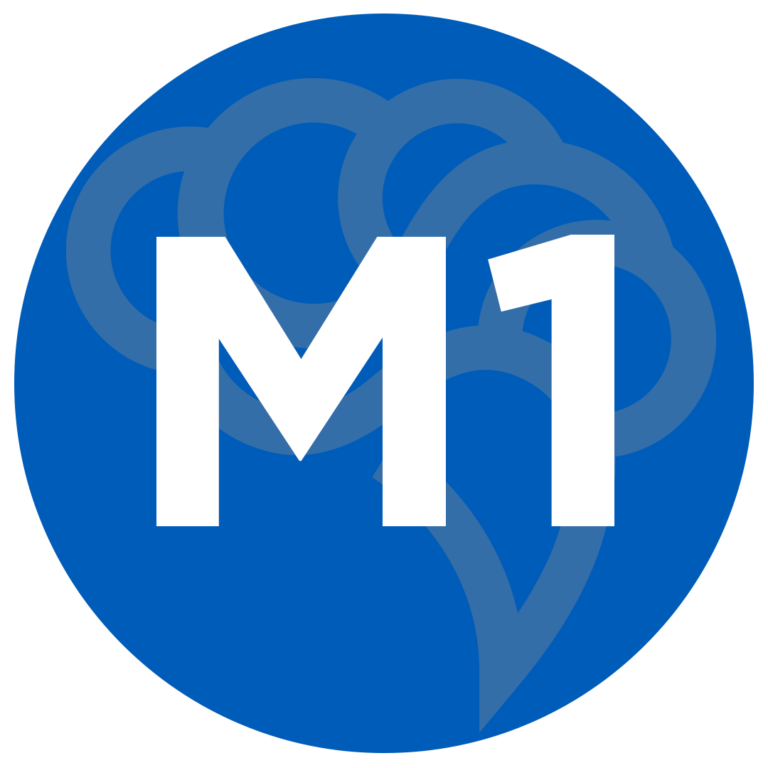
Module #1 Visa Options – Part 1 Visa Options – Part 2
You know you want to work in the industry, but you aren’t sure how to bridge the gap between your current F-1 status and getting the visa you need. We’ll cut through the confusion and cover…
- What types of visas are available to international PhDs. Starting with F-1 visas we’ll provide a broad overview of the different ways international PhDs can stay in the US…and in the industry. From OPTs to EB-1s, we’ll help you simplify your options.
- How to get your OPT and the benefits the OPT STEM Extension can provide. In this module, you’ll understand the difference between these two types of OPTs. We’ll also explain a bit about the J-1 Visa—who it is for..as well as a pitfall you’ll want to avoid.
- Essential facts on H-1B visas and O visas, such as the H-1B visa cap and what’s required when it comes to qualifying for an O visa.
- What an L-1 visa is and when an L-1 visa is best for your credentials. We’ll also explain the difference between the L-1A and the L-1B…including its implications on your family or working in a new office.
- How EB-1 and EB-2 visas open the door to a Green Card status. Discover the two types of EB visas you should know about as an international PhD.
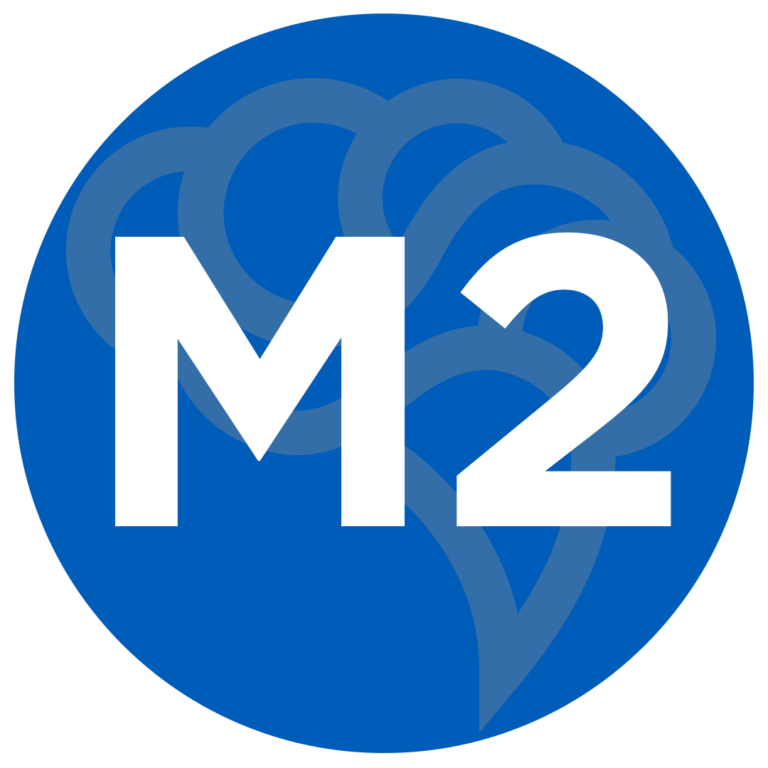
Module #2 F-1 Visas J-1 Visas
Get the scoop on both F-1 and J-1 visas—both of which are viable options for international PhDs transitioning to employment in the US. From requirements to timelines, this module covers…
- An overview of your current F-1 status. Your course material will discuss the implication of your F-1 visa on work decisions, family members, and full-time student status. Discover how to transition from your student F-1 to an OPT.
- Information to know about the STEM OPT Extension. We’ll explain the requirements you need to meet for securing this 24-month extension of your OPT, including everything from why your employer needs to be enrolled in E-Verify to why you need a mentoring program.
- The J-1 visa and implications for long-term residency. Discover what a J-1 two-year foreign exchange residency requirement means for your long-term career goals and why it impacts your ability to apply for a Green Card or H-1B.
- The 5 bases for receiving a waiver of the two-year residency requirement. Get information on the “No Objection” statement as well as the documentation you’ll need to pursue the waiver.
Guidance on whether to pursue the J-1 Visa for your post doc…or if you should pursue a cap-exempt H-1B.
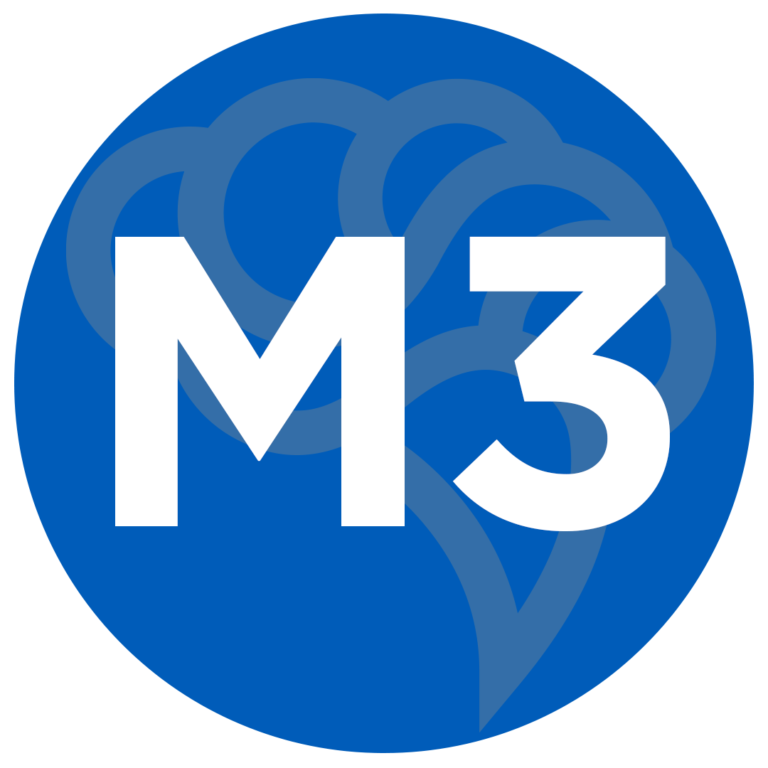
Module #3 H-1B Visas – Part 1 H-1B Visas – Part 2
Walk away armed with the knowledge you need to transition from your F-1 status into an industry position with employer sponsorship. Instead of feeling trapped by USCIS regulations, understand how to explain process to your employer. In this module, we’ll cover…
- What documents you need for the H-1B, when to start the application process, and more. We’ll also give you a key tip if you’ll regularly travel overseas during the duration of your H-1B.
- What process your future employer will undergo. We’ll explain the H-1B petition process and what it means for your employer…as well as what organizations fall into the visa cap category and what organizations don’t.
- What happens on April 1 and how the USCIS H-1B lottery works. Remove confusion surrounding the H-1B selection process, and discover the advantage you possess by holding a PhD from a US school. You’ll also learn a viable option to stay in the US if you aren’t selected in the H-1B lottery.
- What to do if you change employers. We’ll discuss transitioning to a different organization and how long your H-1B status will last.
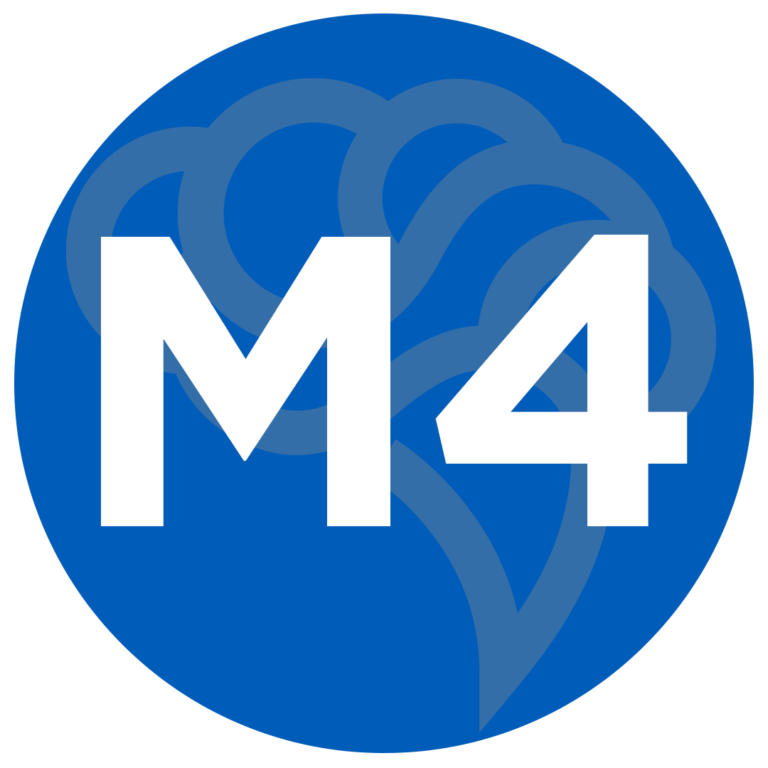
Module #4 Employment Based Categories: EB-1 Employment Based Categories: EB-2
Even when you’ve secured a H-1B or other non-immigrant visa, that’s not the ultimate goal. For most international PhDs in the US, securing a Green Card is the best way to support long-term career goals. In this module, we’ll cover…
- The two types of routes best suited for advanced degree holders. If you don’t have family members in the US, discover how you can leverage your academic credentials to receive a Green Card.
- The criteria for meeting the EB-1 category and the EB-2 category. We’ll lay out the requirements for both categories so you can see which best aligns with your background and credentials.
- Major differences between an EB-1 and EB-2. Understand the distinctions between both visas so you can thoughtfully consider the pros and cons of pursuing either option.
- The National Interest Waiver (NIW). Discover how you can ask the USCIS to waive the employment requirement of the EB-2 visa.
Who The Community Is NOT For…

It’s NOT For The PhD Who Thinks Negatively
This PhD thinks everything is against them. They firmly believe they’re the victim of circumstances.
You’ll find that this PhD is convinced they’re doomed to fail. They ignore the obvious opportunities in front of them, blaming “the system.”
It doesn’t matter how perfect the International PhD Community program is for you, if you continue to think negatively, you will not get hired. Likewise, if you continue to blame your unfair situation, you will not get hired.
The International PhD Community is for international PhD who are ready to take advantage of the expert materials and expert mentors in the program and take action to get hired into a high-paying U.S. career.

It’s NOT For The PhD Who Wants To Be A Lifetime Academic
Maybe you have friends who fall into this category.
This is for the person who settles for the familiarity of a J-1 visa and postdoc work rather than the opportunity to transition to an employer-sponsored industry position.
Instead of seeking a better visa for a better future, this person stays with what is familiar, thereby cheating themselves out of opportunities to advance their career.
If you think applying for an H-1B or pursuing an EB-1 visa is too complicated or risky and are unwilling to even try to get hired in the U.S., then the International PhD Community is NOT for you.
Likewise, if you want to stay in academia year after year making a very poor salary and hoping to be a professor one day, this program is NOT for you.
The International PhD Community is designed for PhDs who recognize that staying comfortable (yet, poor) in academia is not a good long-term solution for their career.

It’s NOT For The PhD Who Wants To Work Outside Of The U.S.
This International PhD Community is specifically for international PhDs who want to get hired by U.S. companies.
This program will NOT help you get hired outside of the U.S. because every country’s immigration laws and visa options are very, very different.
Again, the International PhD Community program is ONLY for PhDs who want to work in the U.S.
After Successfully Completing Your Course, You Will Receive Official Validation
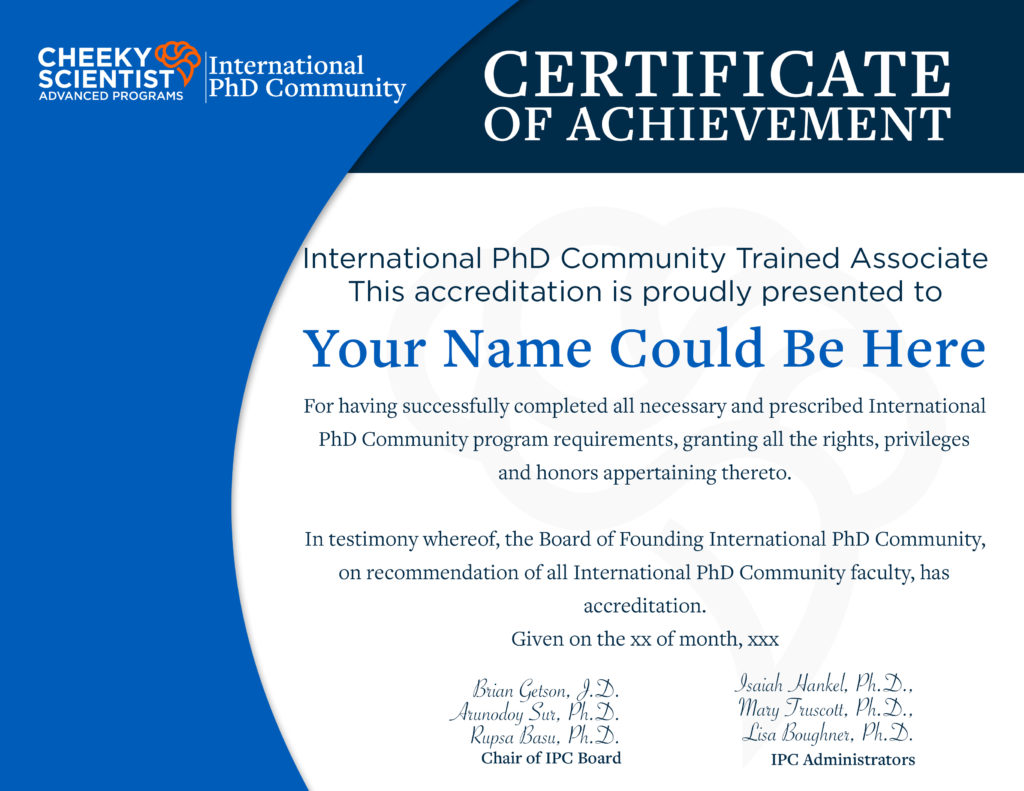
The Program Is Supported By A Board Of International PhDs Who Are Currently Working In The U.S.
When You Graduate, You Will Be Board Validated
The International PhD Community is led by a team of PhDs who have first-hand knowledge of the difficulties international PhDs face, as well as how to overcome these challenges to get hired.
This is why the International PhD Community culminates in a final exam, and after completing your mentoring and successfully passing your exam, you’ll earn International PhD Community validation from our board.
The IPC Private Group Provides Targeted Support
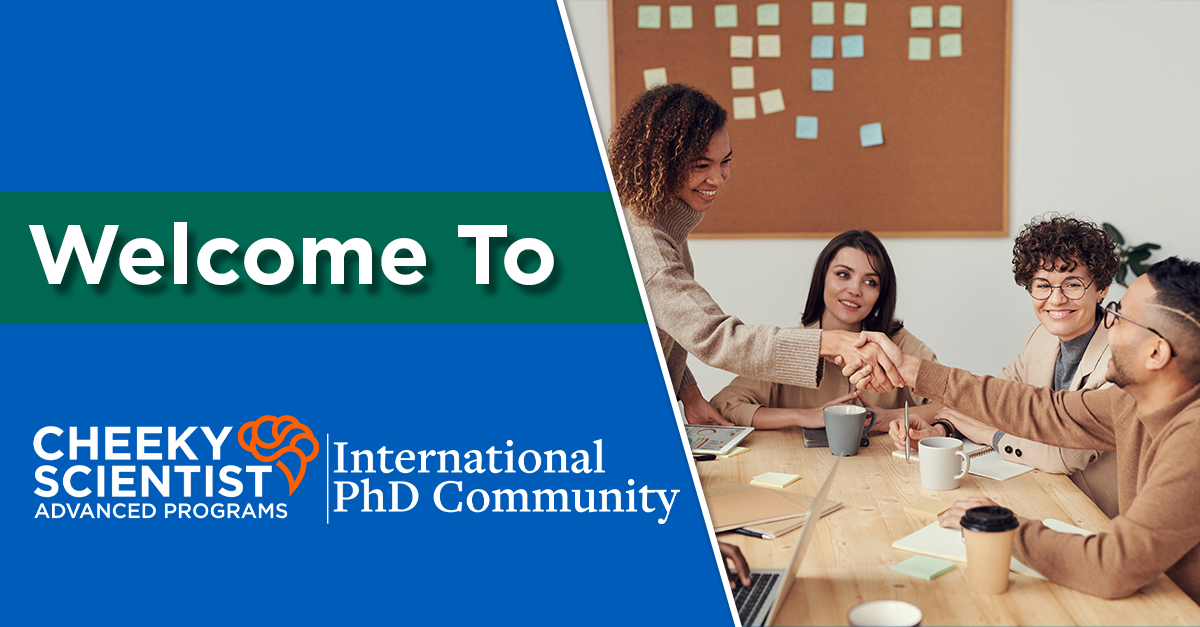
This group is also exclusive. Only the members of the IPC can see and respond to the messages in the private group.
The exclusivity of the group allows you to freely share ideas with fellow PhDs, request referrals from other international PhDs, and get the advice you need when you encounter challenges.
Get Access To The International PhD Community Mentoring Program And Network
If you’ve decided that it’s time to take ownership of your residency status—and you’ve chosen the International PhD Community to help you along your journey—we’d like to welcome you.
As international PhDs who’ve successfully overcome the initial barriers of having a non-immigrant status, we understand the challenges you face in a personal way. In addition to your targeted mentoring, we’re here to provide the support you need as you move one step closer to achieving your career goals.
Let’s use strategy to stack the odds in your favor.
We’ll see you on the inside.
To your success,
The International PhDs at the Cheeky Scientist Association

Arunodoy Sur, PhD
Technology Licensing Officer at Nova Southeastern University
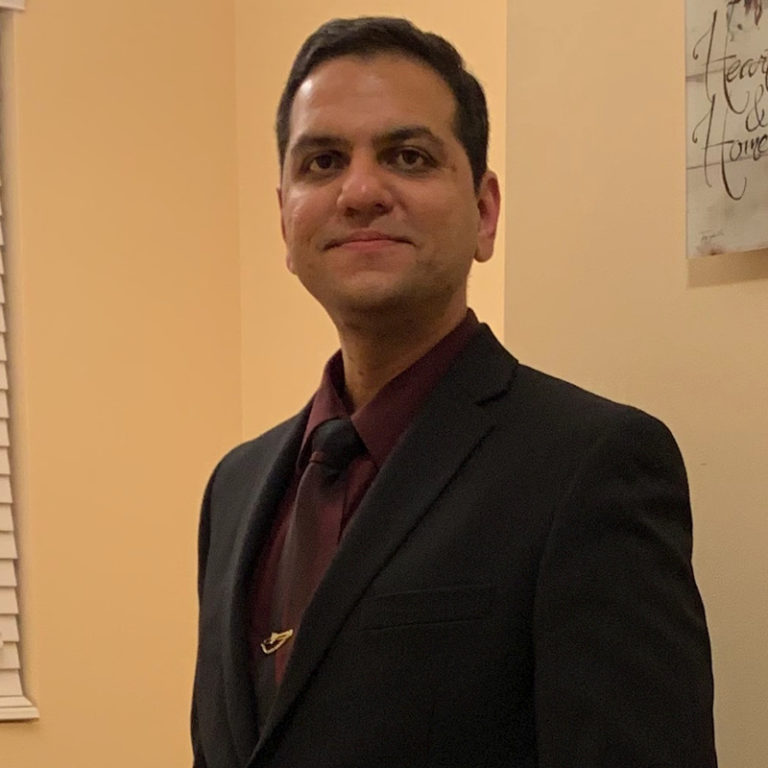
Adwait Ranade, PhD
Scientific Writer at Cactus
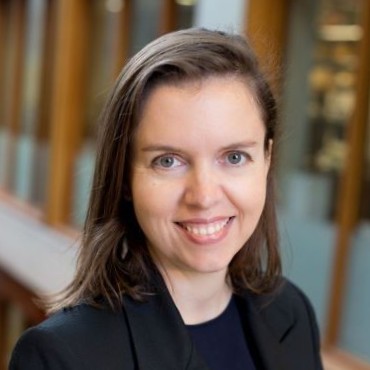
Anne-Isabelle Henry, PhD
Innovation Associate at Innovation And New Ventures Office

Ved Prakash, PhD
Co-Founder at NutriDocs
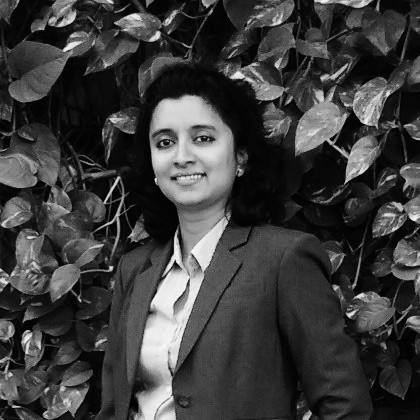
Abha Chalpe, PhD
Senior Knowledge Partner at Innoplexus Consulting Services

Saptashati Biswas, Phd
Research Manager at the Unversity of Nebraska-Lincoln

Shrivatsav Pattabiraman, PhD
Technical Sales Specialist at Thermo Fisher

Rupsa Basu, PhD
R&D Scientist at TechnoVax

Susmita Bandyopadhyay, PhD
Global Product Stewardship and Regulatory Senior Consultant at The Chemours Company

Bhushan Mahadik, Phd
Assistant Director, NIH Center for Engineering Coplex Tissues at University of Maryland College Park
We help PhDs from every discipline get into many different types of careers, including International PhDs.
We show you how to leverage the skills you already have to get hired into a myriad of industry jobs, including International PhDs.
We show you how to get the job, not how to do the job because each company has their own proprietary systems and will teach you how to do the job through on-the-job training.
But, before you can get this training, you have to get hired first.
That’s where we come in.
We will guide you on how to use your PhD to get hired as a International PhD.
